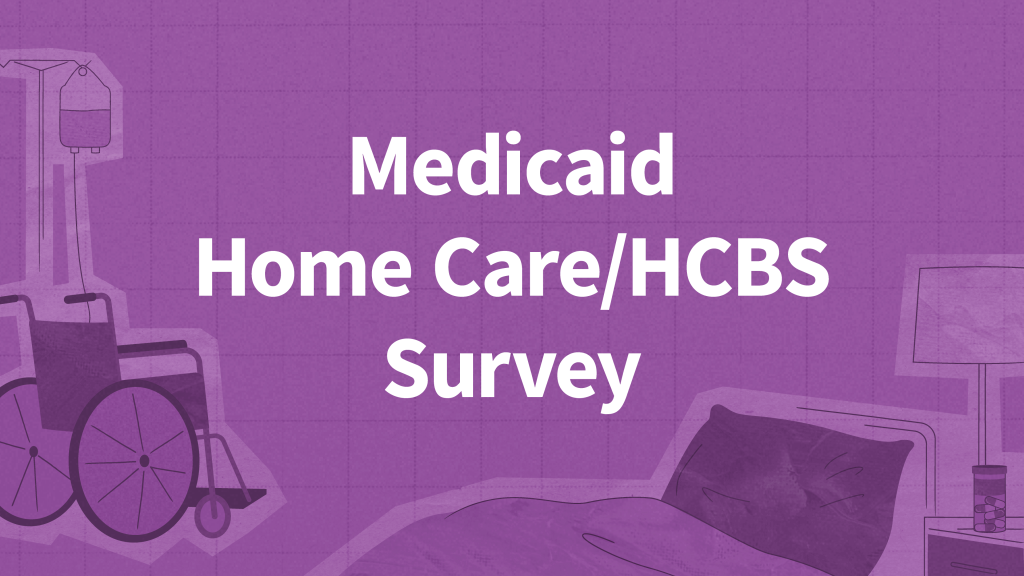Payment Rates for Medicaid Home Care Ahead of the 2025 Reconciliation Law
Increased payment rates for Medicaid home care workers are states’ key approach to addressing workforce shortages. This issue brief describes Medicaid payment rates for home care and other workforce supports that are in place in 2025, before the majority of the 2025 reconciliation law provisions start taking effect.
